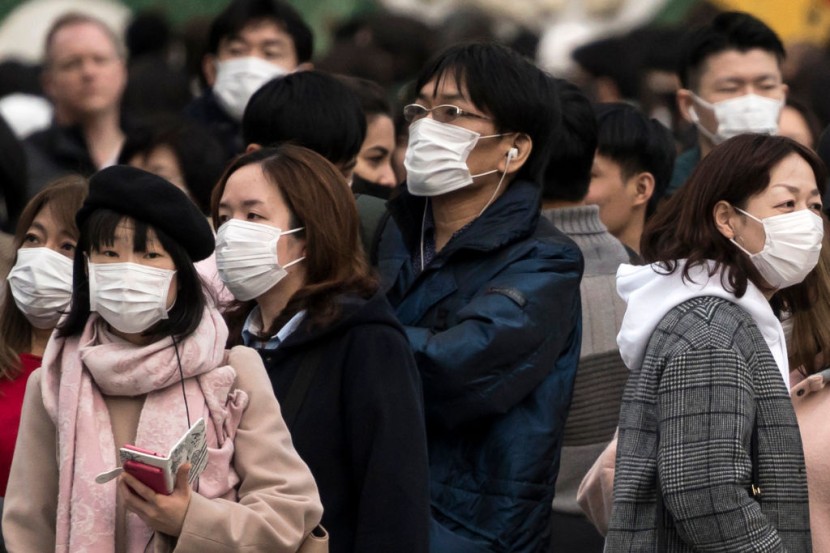
Japan is looking to start easing its travel advisory currently in place for 159 countries and regions in October. It will start with nations where the pace of new COVID-19 cases is slow including Australia, Vietnam, and New Zealand.
Foreign Ministry's Current Travel Advisory
The Foreign Ministry's travel advisory for the 159 nations and regions is currently imposed at Level 3, warning against all travel.
The gradual lifting of overseas travel warnings is a bid to prompt the removal of entry restrictions implemented in other nations.
The Japanese government will prioritize 10 countries that have a low number of COVID-19 cases but decisions on whether to accept international visitors from Japan would be up to those governments, reported Caixin.
The COVID-19 pandemic had adverse effects on Japan's tourism. Limitations on domestic tourism have been lifted but the country's borders remain closed to international travelers and no signs have surfaced that the borders will be opened to considerable numbers of tourists soon.
Announcement
Prime Minister Yoshihide Suga made an announcement that Japan would reopen its borders to selected foreign travelers with authorization to stay in the country from Thursday, October 1, following fewer new novel coronavirus cases in recent weeks.
The easing of restrictions would allow the foreign nationals' entry with permits to stay for a span of three months or longer for purposes including medical, sports-related, and cultural activities, reported Garda World.
As background upon the news of Japan easing its travel advisory, its central government announced a state of emergency after much dubiousness. During that time, the official prevalence was low (aside from the Diamond Princess), with some surmising that the country had deliberately alleviated testing in an effort to save the Tokyo 2020 Olympics, reported Travel Caffeine.
Japan has issued COVID-19-related travel advisory and precautions on infectious illnesses through a system with four categories depending on the probable risk and safety in relevant locales. Each caution level does not legally bind Japanese citizens from traveling. The receiving nation has the power to accept or decline their entry.
Online COVID-19 Travel Questionnaire
Japan will make accessible an online health questionnaire required to fill out prior to entering the nation to smoothen the immigration control process.
According to sources, the health questionnaire will be slated to flag travelers who are possibly at higher risk of arriving while coronavirus positive. The test will be available soon on a trial basis for a couple of international flights arriving at Narita airport near Tokyo.
If the Foreign Ministry lowers the advisory for a couple of countries to Level 2, it means that unimportant travel should be alleviated.
No country is imposed Japan's highest Level 4 advisory which prompts all Japanese nationals to avoid all travel and evacuate.
Domestic Situation
Unlike in Europe and North America, COVID-19 has not spread in Japan at a much more prevalent rate. The Japanese central government has declared a state of emergency between April 7 and May 25, advising citizens to stay at home and particular businesses to close.
Even following the end of the state of emergency and upon Japan easing the travel advisory, people in the whole of Japan are advised to alleviate from visiting crowded and badly-ventilated places and follow social distancing measures.
Related Article : Japan Secures 120 Million Doses of Probable COVID-19 Vaccine
© 2026 HNGN, All rights reserved. Do not reproduce without permission.








